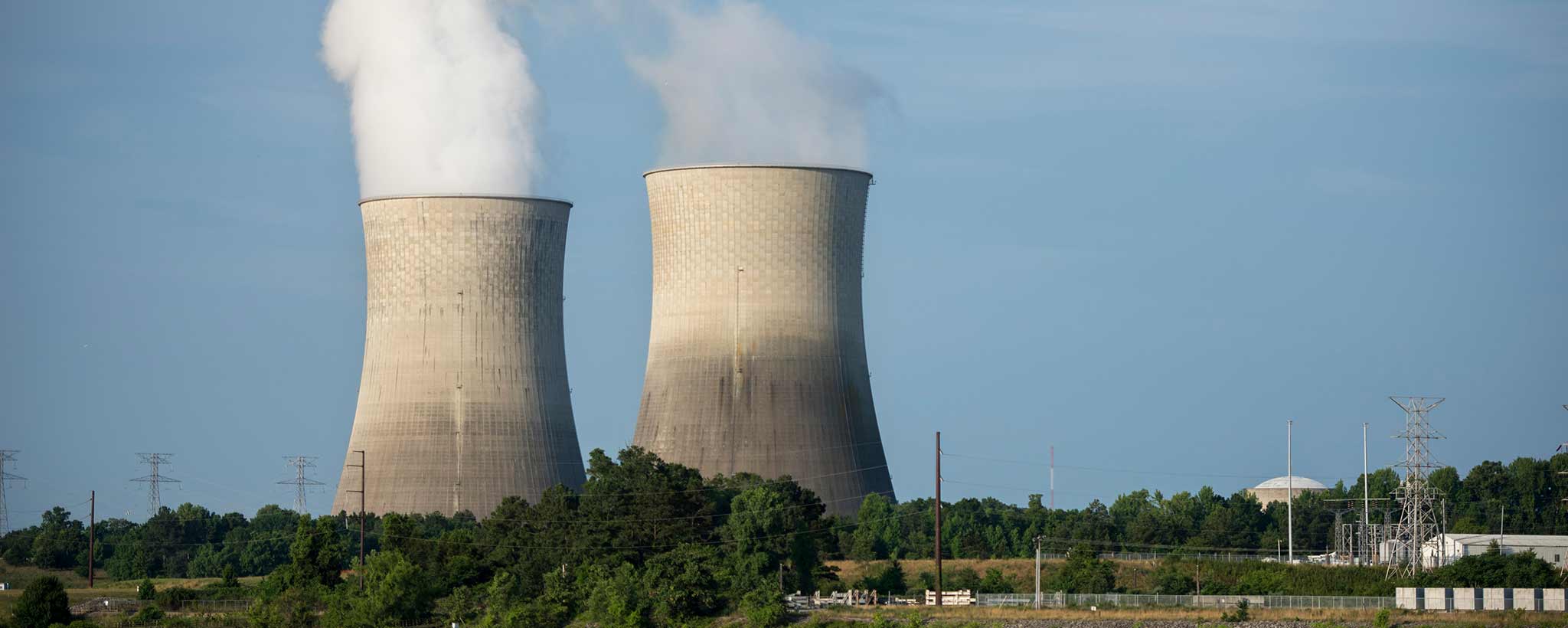
Nuclear Security & Deterrence Monitor Vol. 27 No. 20
Visit Archives | Return to Issue PDF
Visit Archives | Return to Issue PDF
Nuclear Security & Deterrence Monitor
Article 1 of 6
May 19, 2023
Tritium-rod shipment contract extended; NNSA says other companies can do the work

NAC International’s contract to transport irradiated rods containing tritium from the Tennessee Valley Authority to the Savannah River Site in South Carolina was renewed without competition in September, even though the National Nuclear Security Administration…
Partner Content